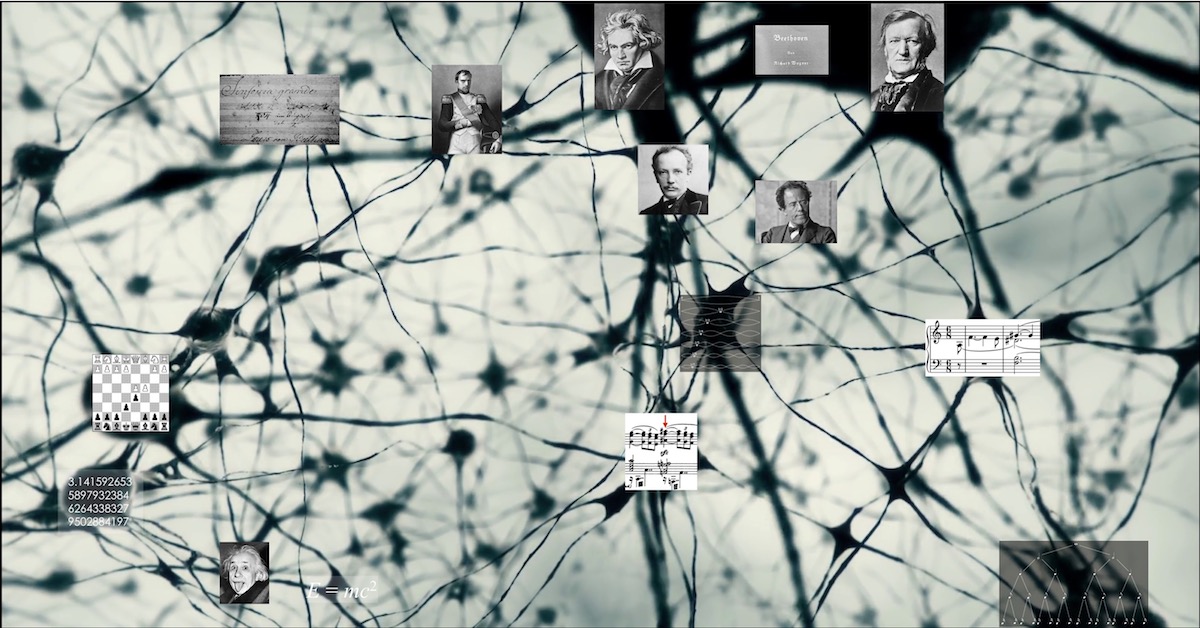Deliberate Practice is a Riddle — And Here’s the Answer
(The Attributes of Deliberate Practice Epilogue) Among filmmakers, novelists, playwrights, and opera composers, there’s a term for when the audience knows something a character doesn’t: dramatic irony. Horror movies employ a classic form of this when a naive character walks down a dark hallway as the camera reveals the slasher just around the corner. Mozart’s Così fan tutte is built upon a foundation of dramatic irony, with Guglielmo and Ferrando donning (usually not very convincing!) disguises and switching roles in order to seduce each others’ fiancées. There’s another sort of meta-dramatic-irony that …





